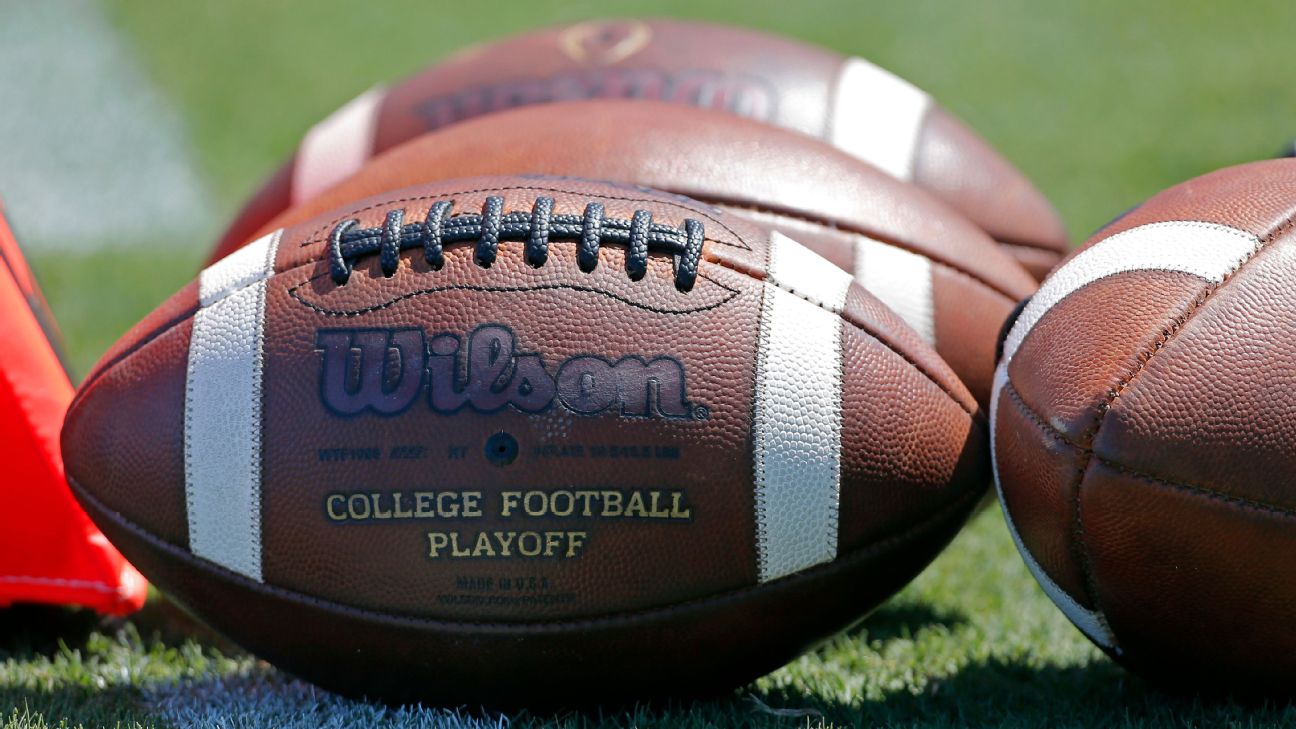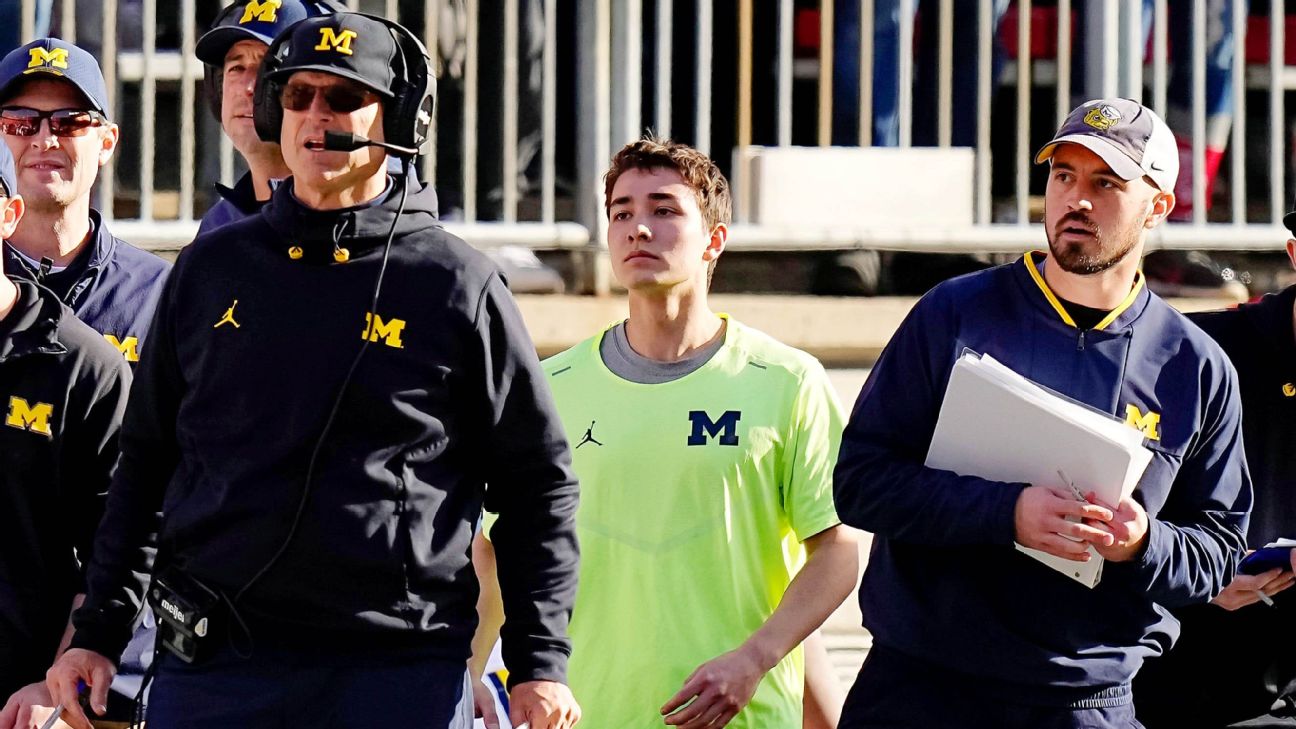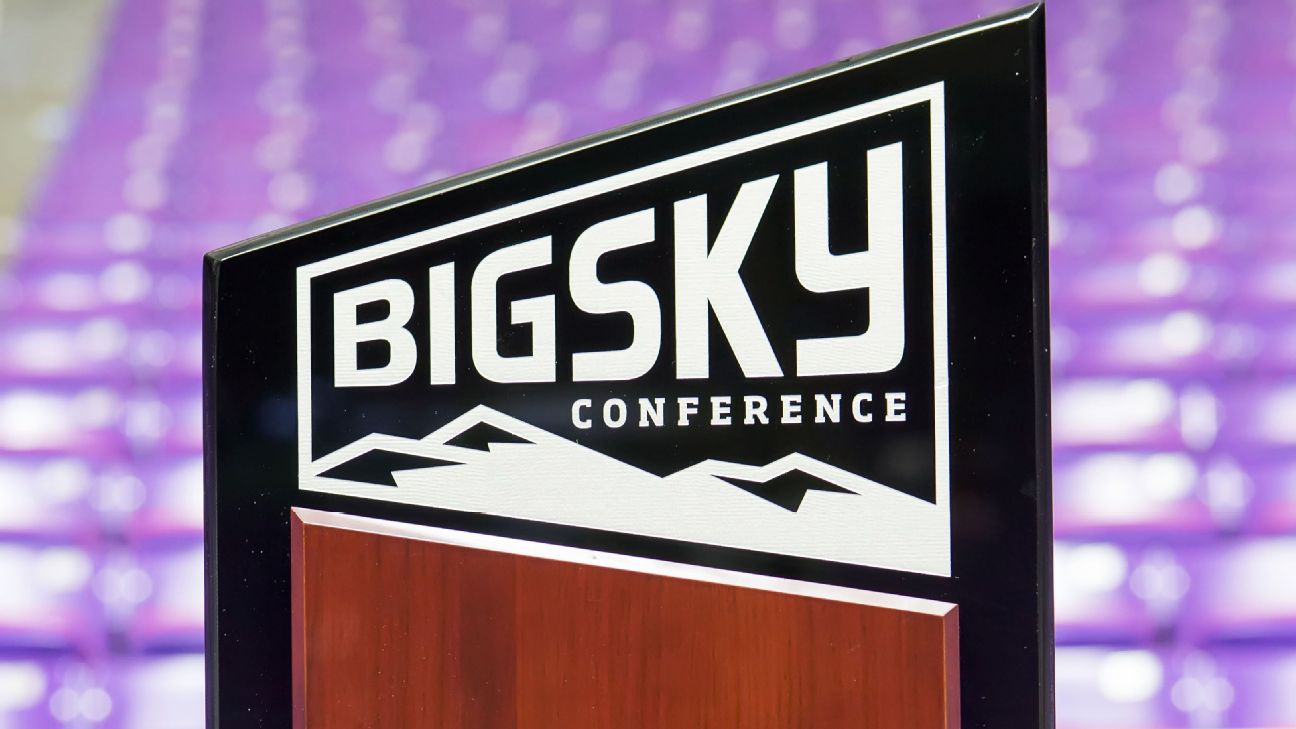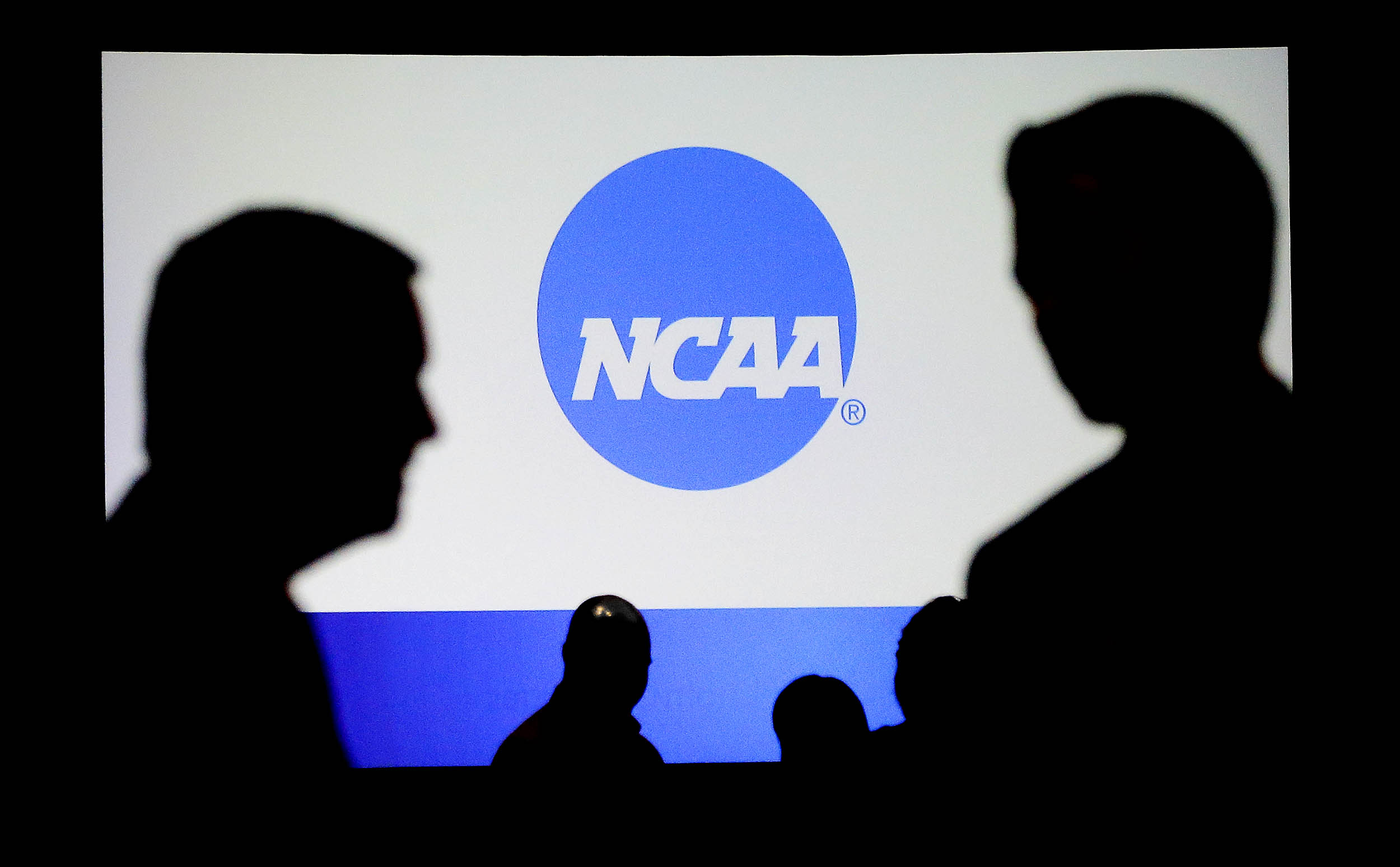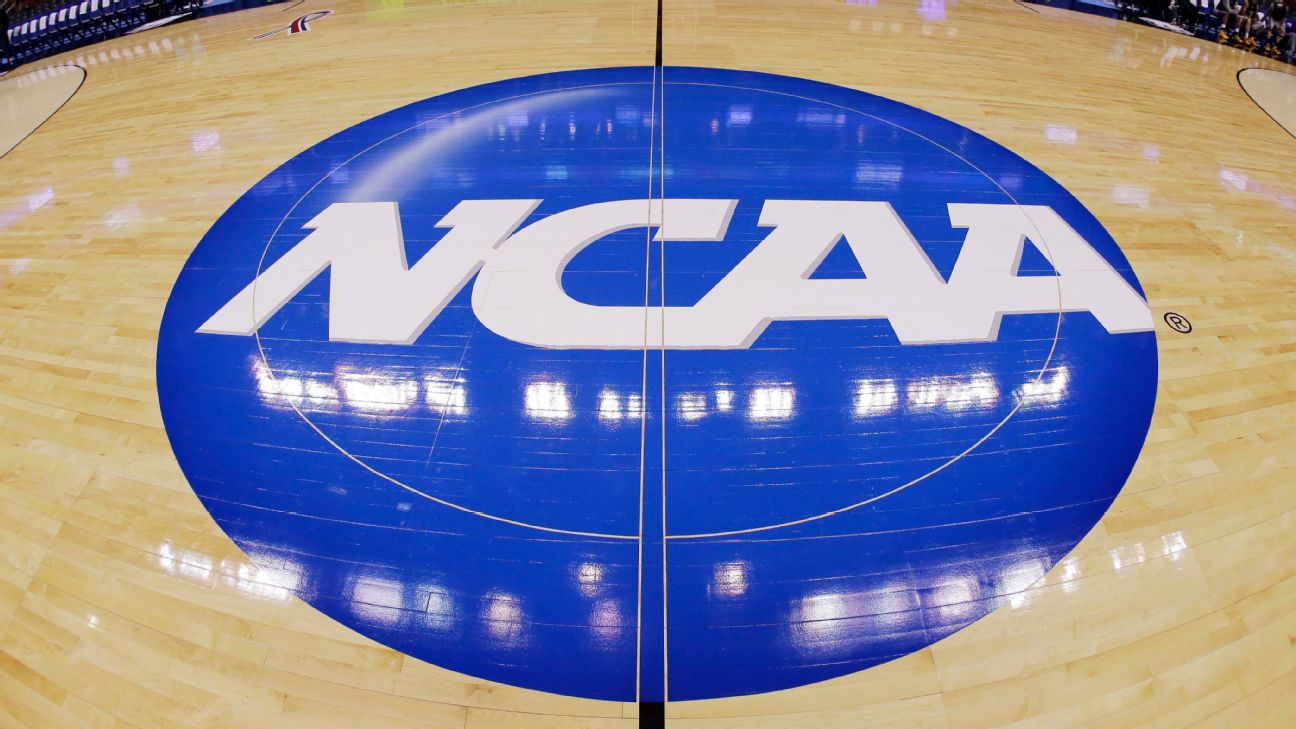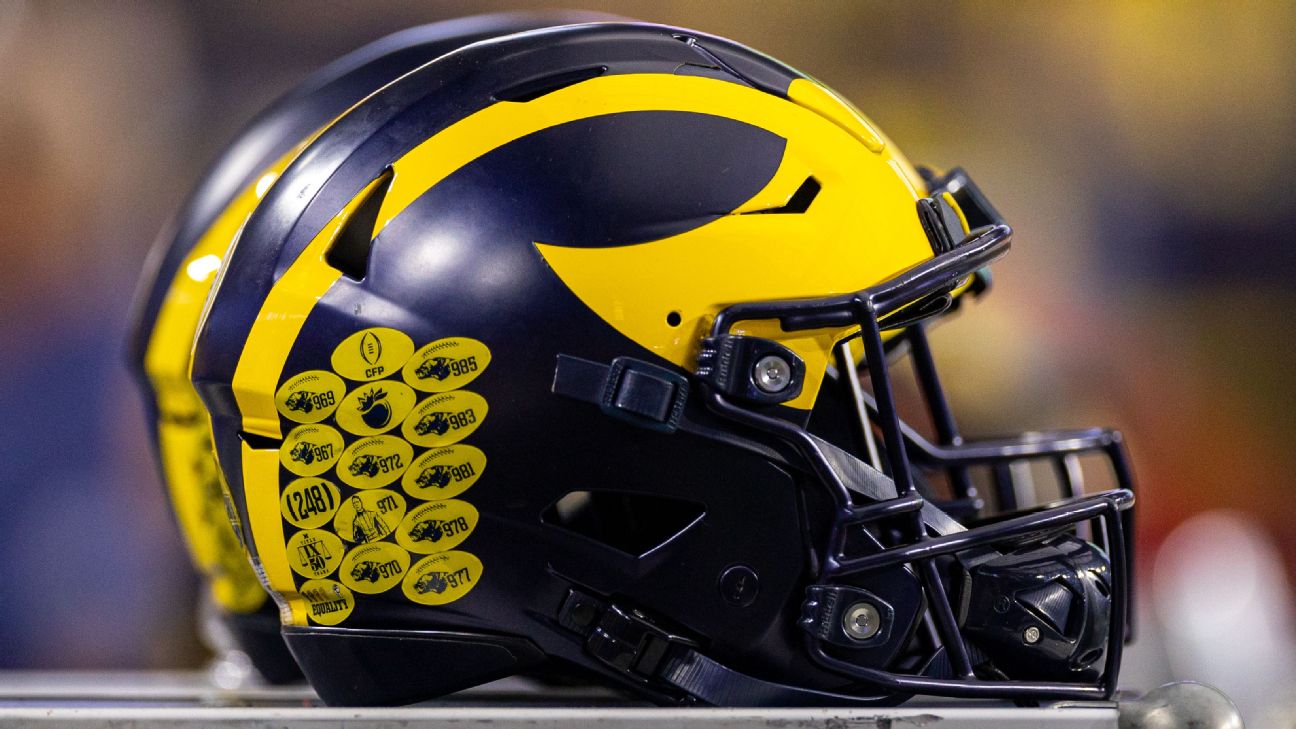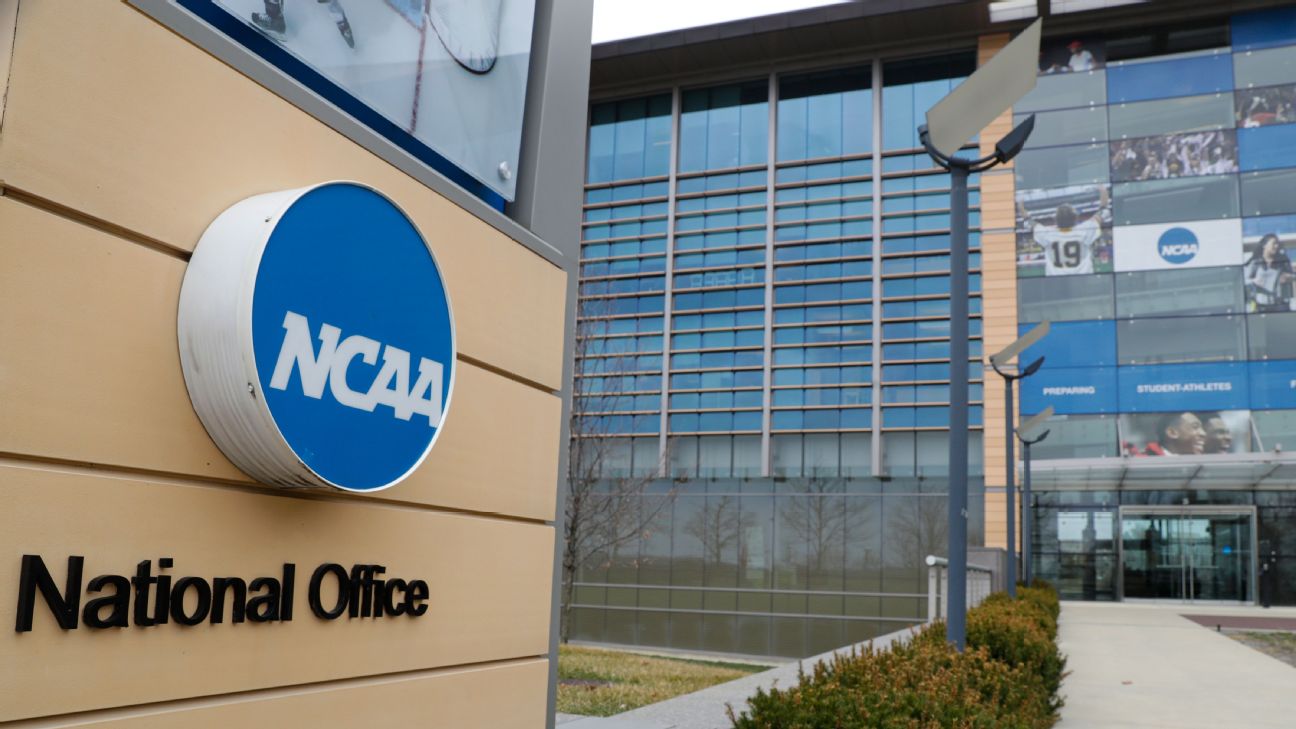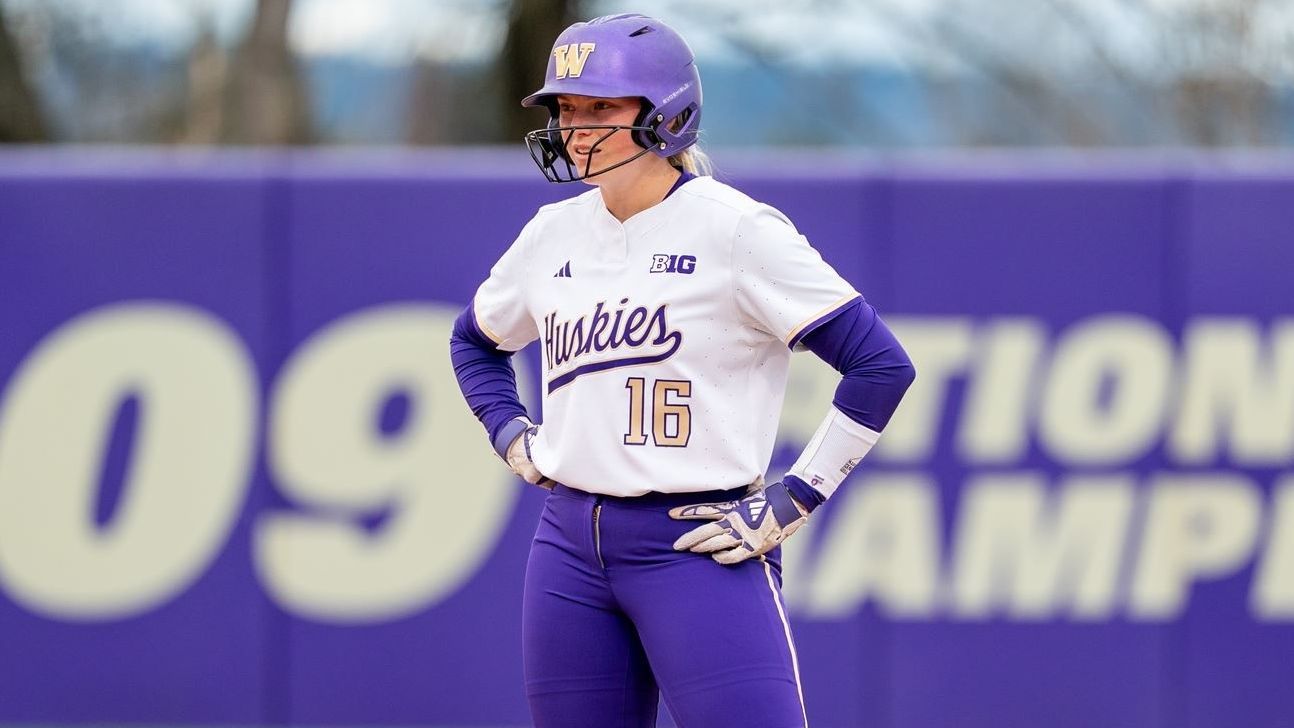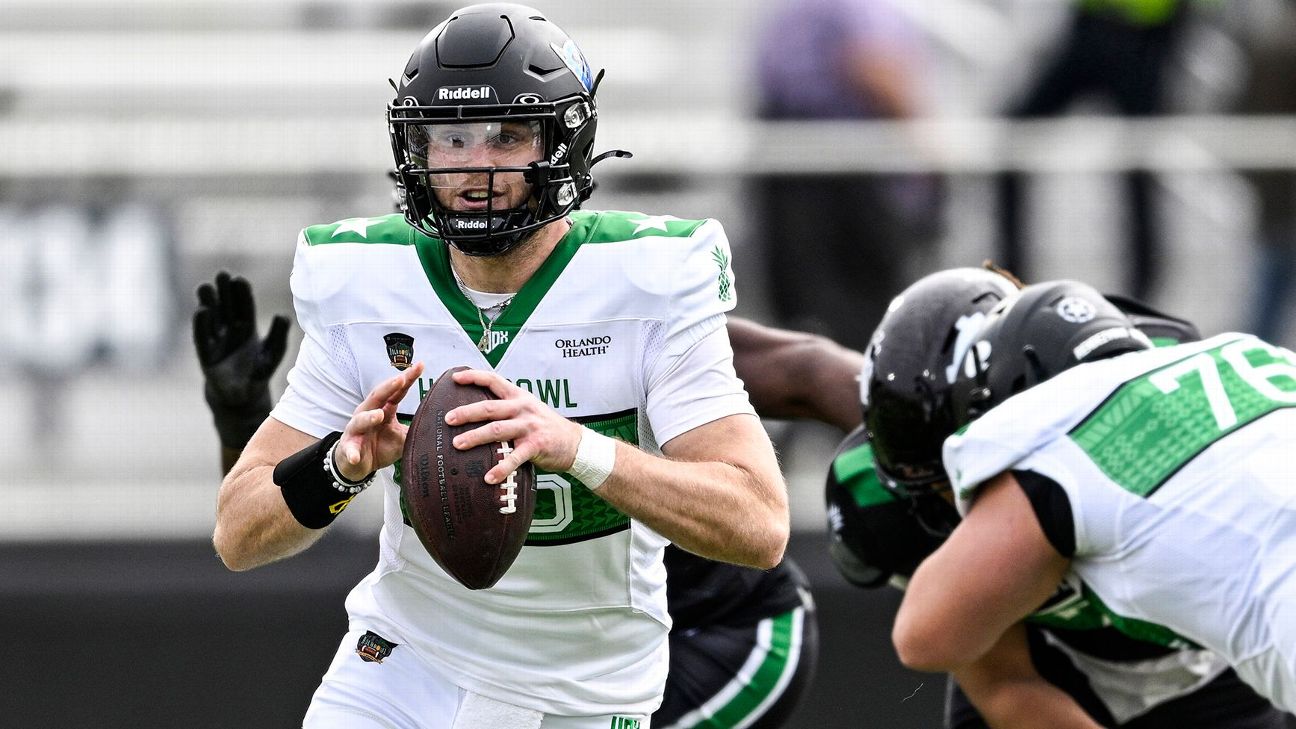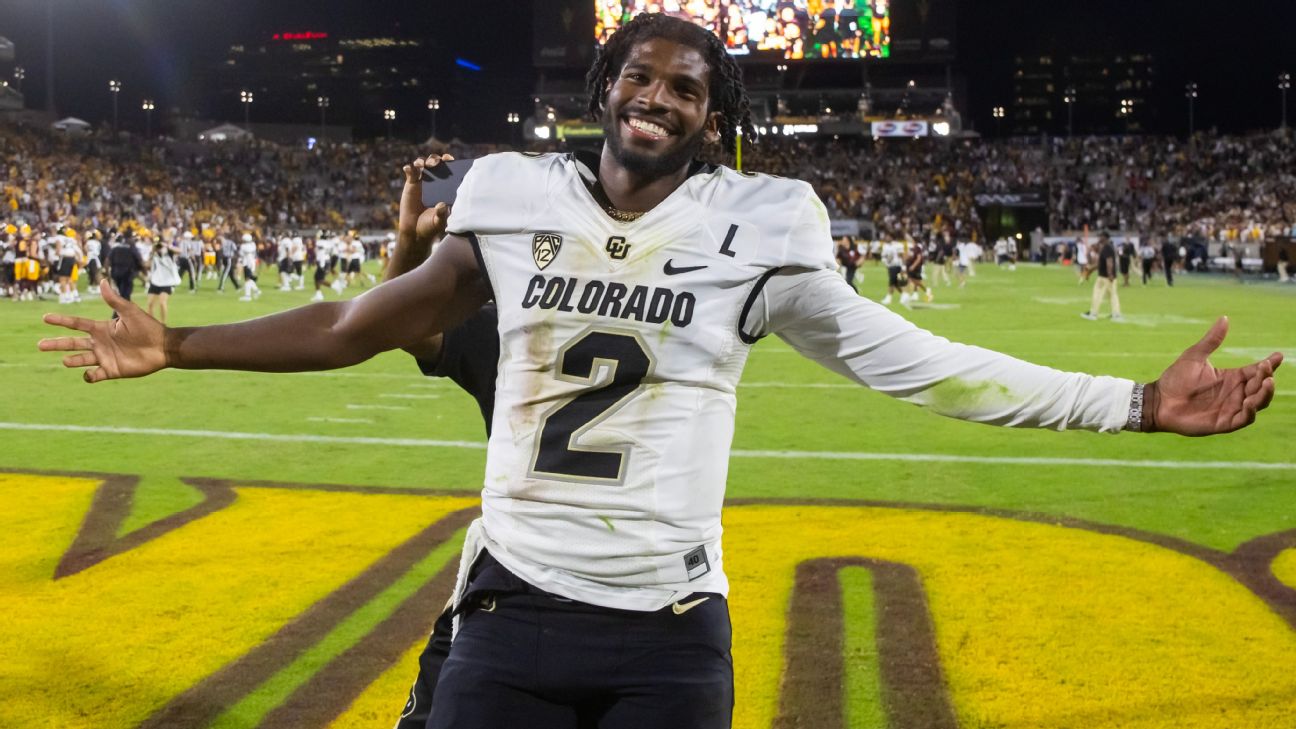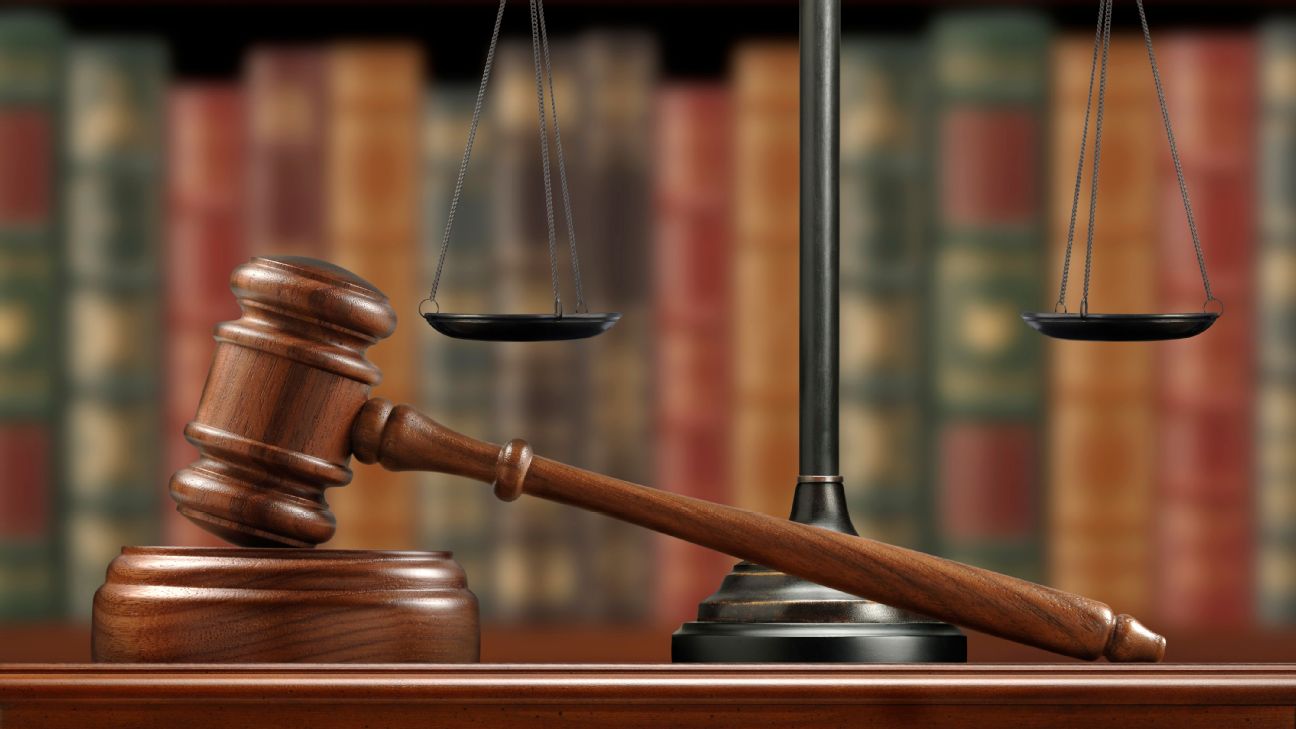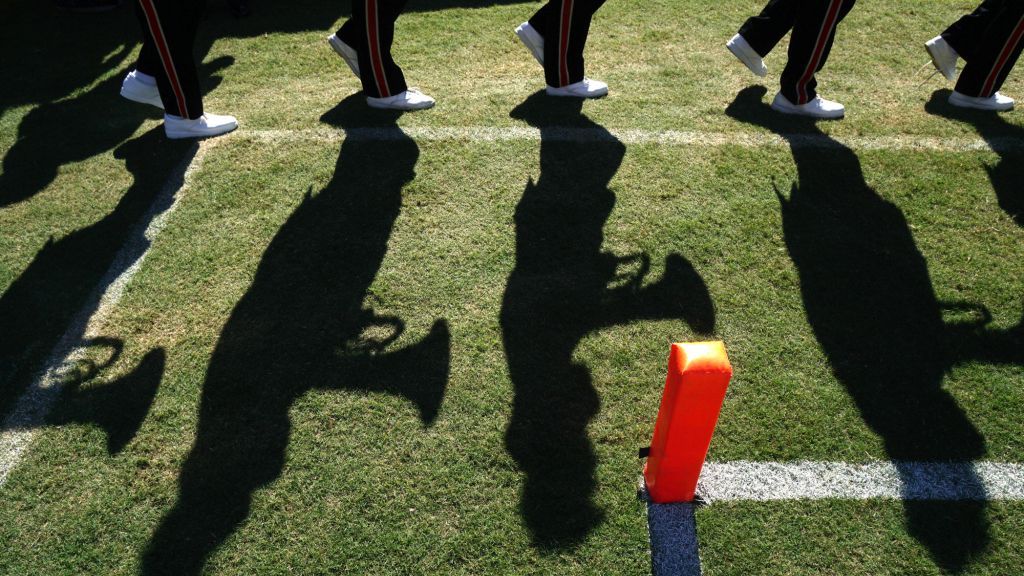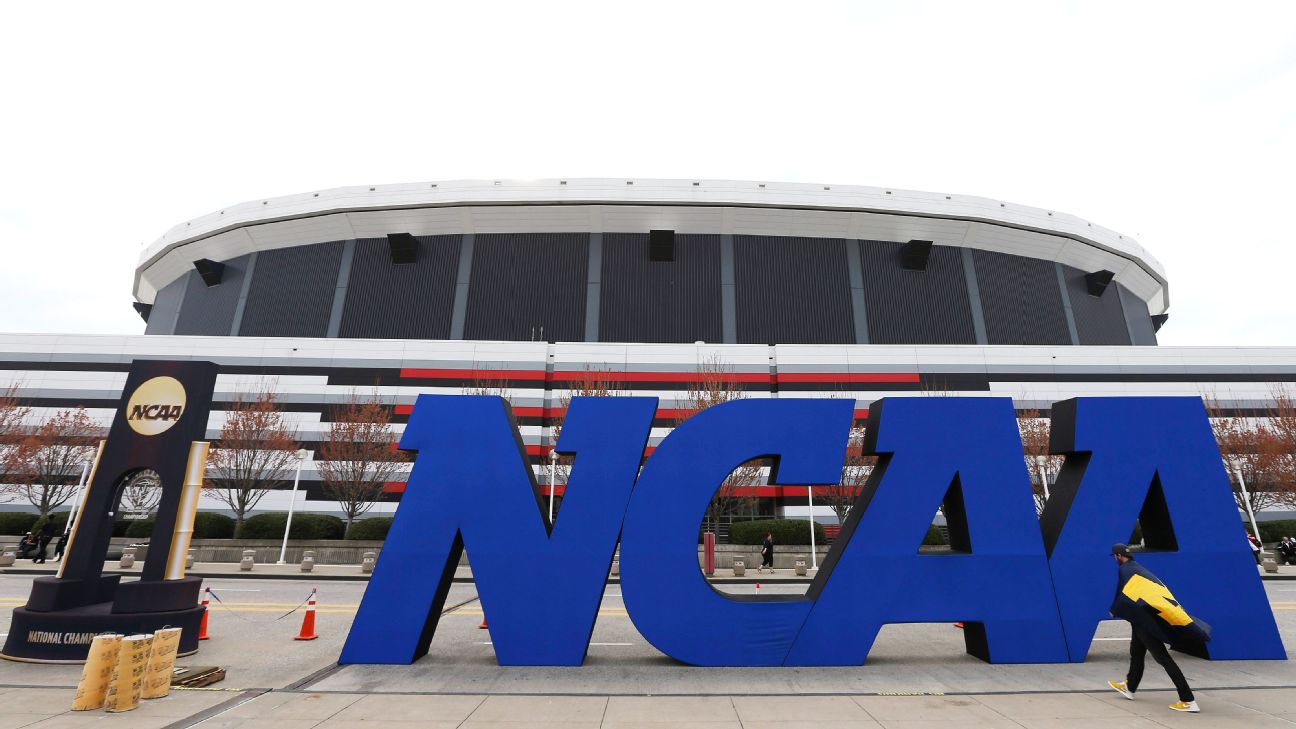Michigan's NCAA Scandal: The Fallout and Future of College Football Enforcement
An in-depth look at Michigan's NCAA scandal, its penalties, and the broader implications for college football enforcement.
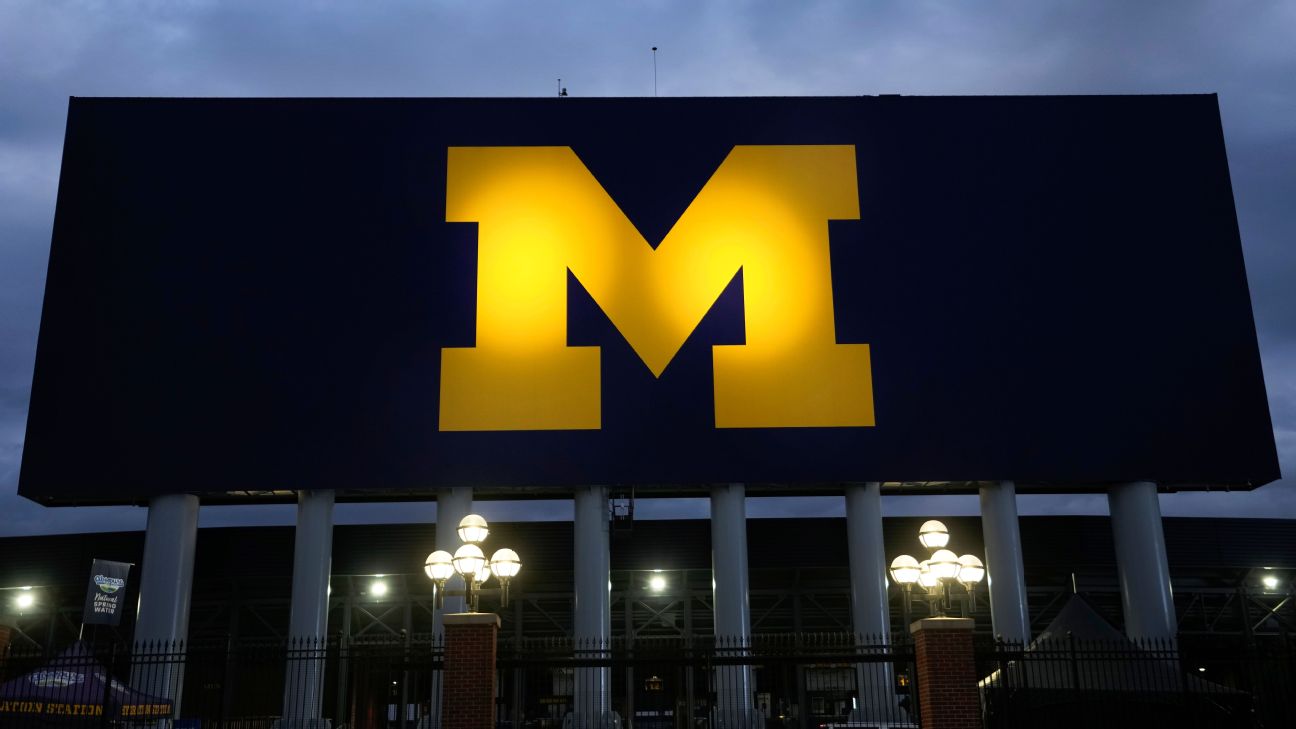
The NCAA's Decision on Michigan's Sign-Stealing Scandal
The NCAA has finally delivered its verdict on the University of Michigan's advanced sign-stealing operation, led by former staffer Connor Stalions. The 74-page report reveals the intricate details of the scheme, which came to light during Michigan's 2023 national championship run. The penalties, announced nearly two years after the scandal broke, include a three-game suspension for current head coach Sherrone Moore, an eight-year show-cause penalty for Stalions, and a 10-year show-cause for former head coach Jim Harbaugh. Additionally, Michigan faces a hefty fine expected to exceed $30 million.
The Scheme Uncovered
Stalions' operation, which he referred to as "counterintelligence" and "the KGB," involved illicitly scouting 52 games. The report details how Stalions spent $35,000 on tickets in the secondary market in 2022 alone to facilitate this operation. The taped material from these scouting trips was ultimately destroyed, with Stalions throwing his phone into a pond rather than turning it over to NCAA investigators.
The NCAA's New Approach to Punishment
In a significant shift, the NCAA chose not to impose a postseason ban or vacate past victories, despite the severity of the violations. The committee acknowledged that a postseason ban would unfairly penalize student-athletes not involved in the scandal. Instead, the focus was on financial penalties, reflecting a broader trend in college athletics toward sanctions that do not directly impact the playing field.
Broader Implications for College Football
This case marks a potential turning point in NCAA enforcement. With the creation of the College Sports Commission, high-profile cases may soon be handled outside the NCAA's purview. This change underscores the growing dissatisfaction with the NCAA's infractions process and its ability to enforce fair play.
The Aftermath and Appeals
Michigan has announced its intention to appeal the decision, arguing that the ruling contains fundamental errors and conclusions contrary to the evidence. Meanwhile, former Michigan assistant Chris Partridge, who was fired during the scandal, has been cleared of any wrongdoing. The case leaves many questions unanswered, including who funded Stalions' operation and how the information initially left Michigan's building.
Conclusion
The Michigan sign-stealing scandal has captivated the college football world, revealing both the lengths to which programs will go to gain a competitive edge and the challenges the NCAA faces in enforcing its rules. As the landscape of college sports continues to evolve, this case may serve as a pivotal moment in the history of NCAA enforcement.












